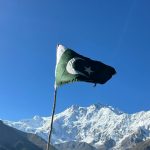What is war tourism, do we partake in it and is it a justified form of travel? At Ypt we get are often interviewed by people, or spoken of by people who have specific views on what we stand one.
One key thing we get accused of is Dark Tourism, but while we do not like the term all of that much, we do acknowledge our role within Dark Tourism, even naming some tours after it and dare we say “owning” the term somewhat.
You can read our take on Dark Tourism here.
What exactly is war tourism?
Much like dark tourism there are many definitions of what actually constitutes war tourism. Some would say it is going to any country where there is an active war on ant part of the territory, while others would define it as going to active war zones, or it can ve viewed as fitting somewhere in the middle of these two explanations.
We will start with the first definition, traveling to any country at war. Using this metric visiting Ireland for most of the 20th century would be out, while places like Libya would fit onto a contemporary list.
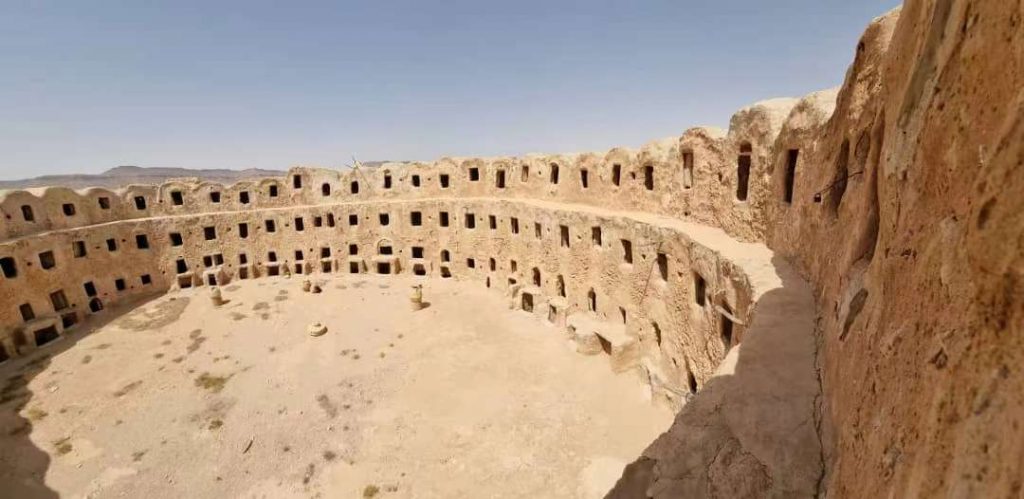
Libya is a good example for the first definition, as would Socotra, which is technically part of Yemen. In reality visiting both of these regions is not actually all that dangerous, but you will certainly see that both of these places are greatly affected by the recent wars. It is not though the wars that are the primary driving force for people visiting them, at least in our experience.
The Grey Zone of War Tourism
When it comes to the middle-ground of war tourism, then if you were to classify countries at war, but still functioning enough to have some form of tourists industry, then you would count places like Syria and Somalia.
These are both places that we at YPT go, but certainly not as war tourists. In fact in both of these places and many others we actively try and stay as far away from any war and fighting as is humanly possible.
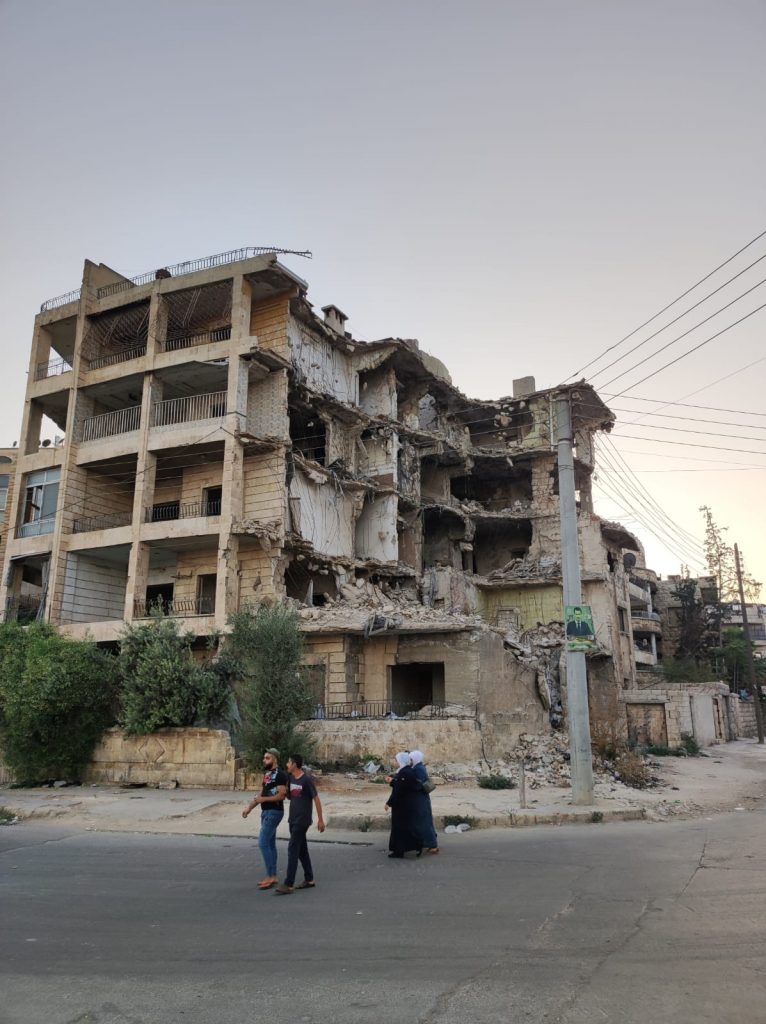
We do though take the time to see the devastation of places such as Aleppo, because much like with certain forms of Dark Tourism, seeing the actual death and destruction of war in our minds not only educates people, but hopefully helps them see first hand the devastating affects that war can have.
To read about Syria 11 years on from the Arab Spring check this piece.
Almost War Tourism
What I term almost war tourism is a thing we largely try and avoid as a company and that is going to small safe pockets of a country that is very much at war. Trips like this include very quick trips to the Yemen mainland, or to an extent Somalia. These are the kind of trips we would run sporadically if at all, but again are done essentially in safe places.
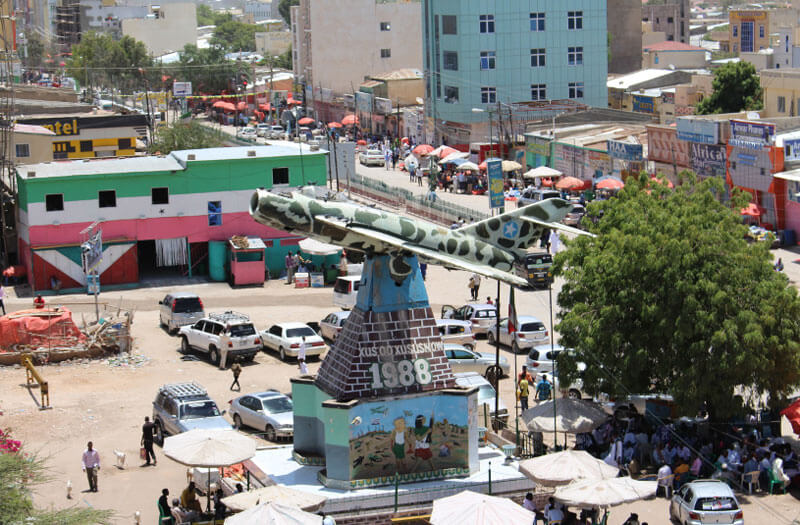
Again whilst telling everyone you went to the Yemeni mainland might make you sound cool, you have not been to a war zone.
Front-line War Tourism
The most extreme version of war tourism though is of course those people that go literally onto the front line and in essence in search of danger. These are journalists without the story and essentially adrenaline travel junkies,
Overall this is not something we actively do as a company, but is something that some of us might do on our own dime. I personally happened to be in Mosul as ISIS were knocking on the door of Kurdistan and was even hanging out with the Peshmerga as we saw the aftermath of an Islamic State convoy that just received an airstrike.
I did not go because this was happening at the time, I did this to see if it was safe enough to run tours here, which it was, but I have also fixed trips to places such as Donetsk back in the day, which with retrospect were not at all safe and indeed remained as one off affairs.
Can War Tourism be a positive thing?
I know of and indeed have been one of the many that has traveled to Ukraine since the Russian invasion, although myself much like others did this after Kiev had been all but secured by the Ukrainians.
That is not though to say it is safe, Kiev still regularly gets bombed, but it is also not staring down the barrel of a gun dangerous, nor vaguely analogous to the few crazies that managed to visit Islamic State during its very brief existence.
And though we did not in th end decide to take tours to Kiev, our fiends business partners and colleagues certainly wanted us to do so, which again shows the argument from the other side. The people stuck in these places tend to want a chance to not just be free of war, but also life as normal a life as possible. I was just sad I was not able to take the risk of bringing people into the Ukraine as tourists.
And as for my feelings in these places? It truly is hard to explain what it is being in a place at war, but I will use both Kurdistan and Sudan as examples. In both places people not only got on with things, but also seemed even more resolute in their desire to have fun and get on with life.
This optimism, particularly in Sudan was though also coupled with a very fatalistic view of life and more importantly death, with years of conditioning leading people to have a very blasé attitude to death.
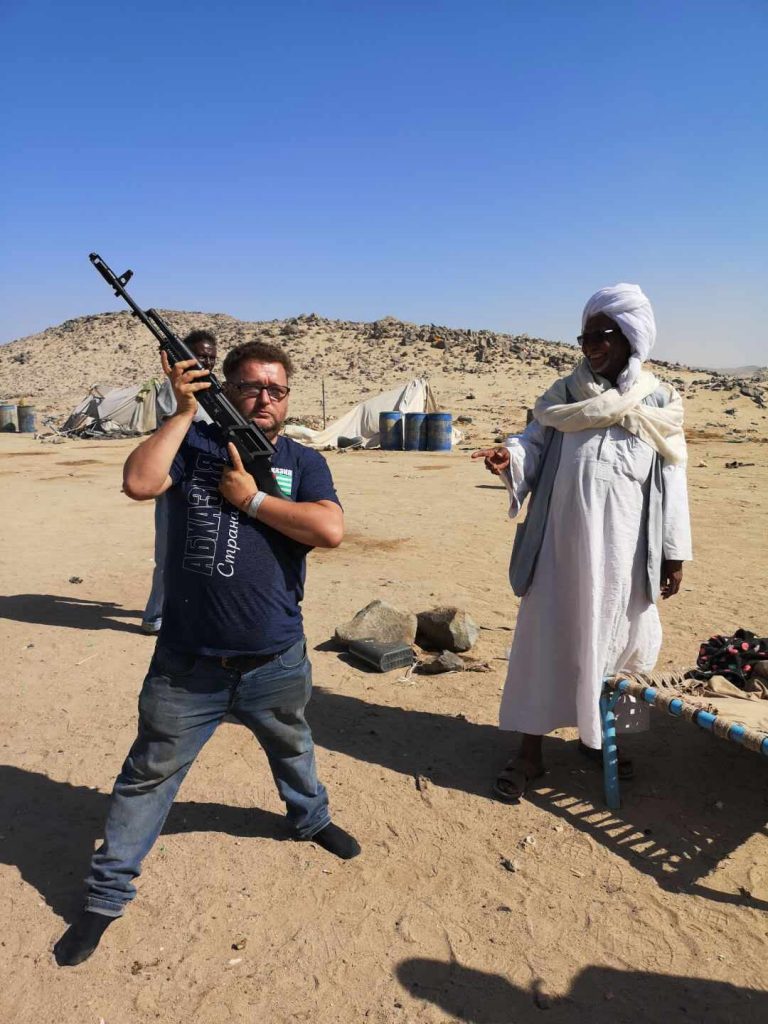
Journalism and War Tourism
Another grey area when it comes to genre is with regards to journalists. Yes we see them in their flack jackets at the front line on BBC, or whatever, but there is also a lower grade of journalist who goes in independently looking for the photo opp, whilst actually trying to stay out of harms ways. I know of at least one “fixer” who was left high and dry by a group of journalists out to save their own skin. Journalists are not always he cuddly bears we paint them out to be and I have definitely learned that the hard way.
So, while we certainly do not promote dangerous frontline tourism, nor people going to gawp at the suffering of others, the world is in such a state that to one extent involving oneself in war tourism in 2026 is almost unavoidable.
You can check out our Syria tours here.



